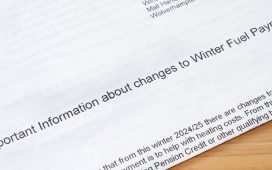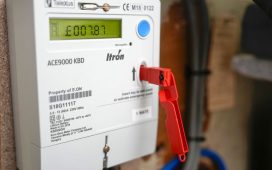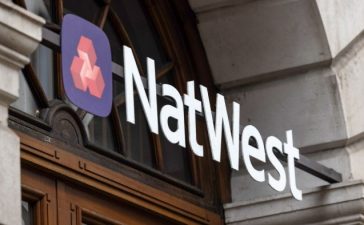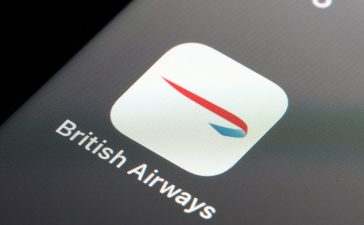HMRC has issued a warning to taxpayers as you could get a “large tax bill” if you don’t carry out an important check.
The caution came after a person got in touch with a query about how to pay a tax bill on their pensions.
The individual said they had seen they could pay their self assessment tax return via PAYE. They asked: “I meet all the conditions, My self assessment payment is for a USA Pension. Can I still pay by PAYE? If so who do I contact at HMRC?”
HMRC first asked them to clarify if their bill was for the 2023/2024 tax year and they responded to say it was in fact for the 2024/2025 tax year.
The tax body then stated: “The balancing payment for the 23/24 tax year would be collected through the PAYE income source commencing 6th April 2025.”
The taxpayer then asked how they could sign up for PAYE as they currently pay the tax on their USA pension via self assessment.
They explained: “I was originally told that tax for foreign pensions had to be via self assessment. However I believe there is a reciprocal arrangement US/UK which may mean tax on my US pension can be paid via PAYE?”
HMRC responded to spell out that it “cannot operate PAYE” on a foreign pension and that the person “must declare this to us”.
Clarifying how the arrangement with the US works, the department said: “The reciprocal arrangement is the double taxation agreement that stipulates who is entitled to the tax on this income and where any claim to foreign tax relief is to be given.
“If you wish for this pension to be included in your PAYE code to avoid having a large tax bill at the end of the year please contact us.”
The tax body further emphasised that this would not affect the person’s obligation to declare the tax via self assessment.
HMRC recently explained the rules as regards ISAs in response to a query from a saver. They asked: “Can I open a cash ISA, LISA and stocks and shares ISA in the same financial year?”
The group said in response: “Yes, as long as you don’t exceed your £20,000 ISA allowance in any given tax year.”
The Lifetime ISA is a good way to save up for your first home, as it offers a 25 percent bonus on any deposits. You can put in £4,000 a year, with a potential £1,000 bonus.
The funds have to go towards your first home or can be accessed once you turn 60, otherwise there is a 25 percent charge if you withdraw for other reasons.











